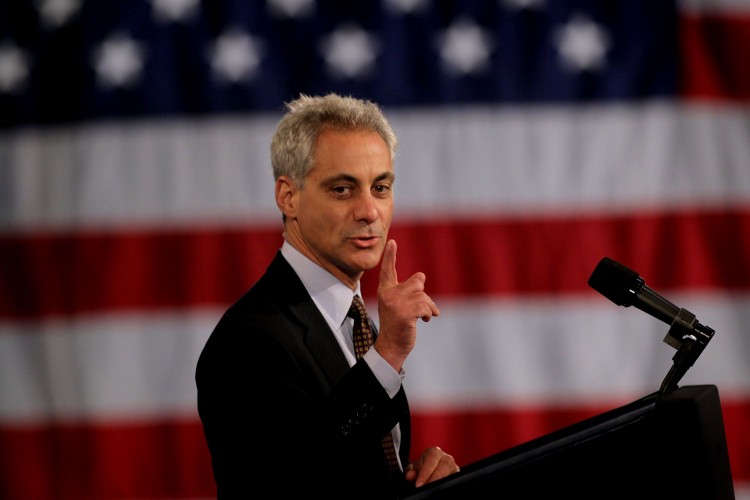Campaigns Aim to Eradicate ‘R-word’
Campaigns on both sides of the border aim to eradicate “retard” from the English language.

Former White House Chief of Staff Rahm Emanuel got into hot water for using 'retarded' together with an expletive during a meeting in 2009. He later apologized. Scott Olson/Getty Images

Joan Delaney
Senior Editor, Canadian Edition
|Updated:





